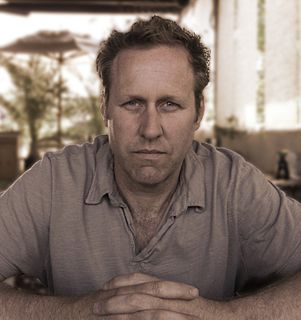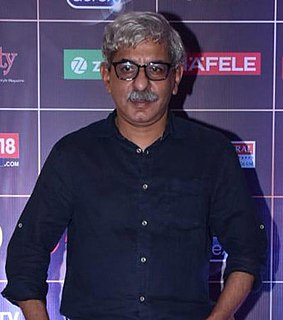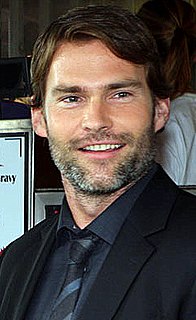A Quote by Paul Greengrass
No one person is the author of a Bourne film. The truth is it's a coalition of people who share the same vision for Bourne and his world, and we... its remarkably collaborative and collective.
Related Quotes
Speaking personally as a filmmaker, I think encoded in Bond are a series of values about Britain, about the world, about masculinity, about power, about the empire that I don't share. Quite the reverse. Whereas in Bourne, I think encoded is much more scepticism. There's an us and a them, and Bourne is an us, whereas Bond is working for them.
The more real I got on 'The Bourne Identity,' the more interesting it got. So 'Fair Game' was the chance to go a few more steps in that direction. In fact, I discovered this whole other world that I had ignored in the 'Bourne' franchise, which is the domestic life of a spy, and how you make the two halves of your life coexist.
In 'The Bourne Identity,' I wanted to give the audience the feeling of being in the car with Jason Bourne, not just watching him drive but be in the car with him, and 'The Wall' is the continuation of that immersive filmmaking style. Where you're trapped behind the wall with Aaron Taylor-Johnson - for better or worse, you're trapped there with him.
Outside the world of politics, one person in the world of the arts I would mention as an influence is Nick Cave, another person who has been around since the late 1970s. He has developed and changed remarkably, whilst remaining true to his vision. He has been a great help to me as well, without his knowing it.
Bond is part of the system. He's an imperialist and a misogynist, and he laughs at killing people, and he sits there slugging martinis. It'll never be the same thing as this, because Bourne is a guy who is against the establishment, who is paranoid and on the run. I just think fundamentally they're just very different things.































